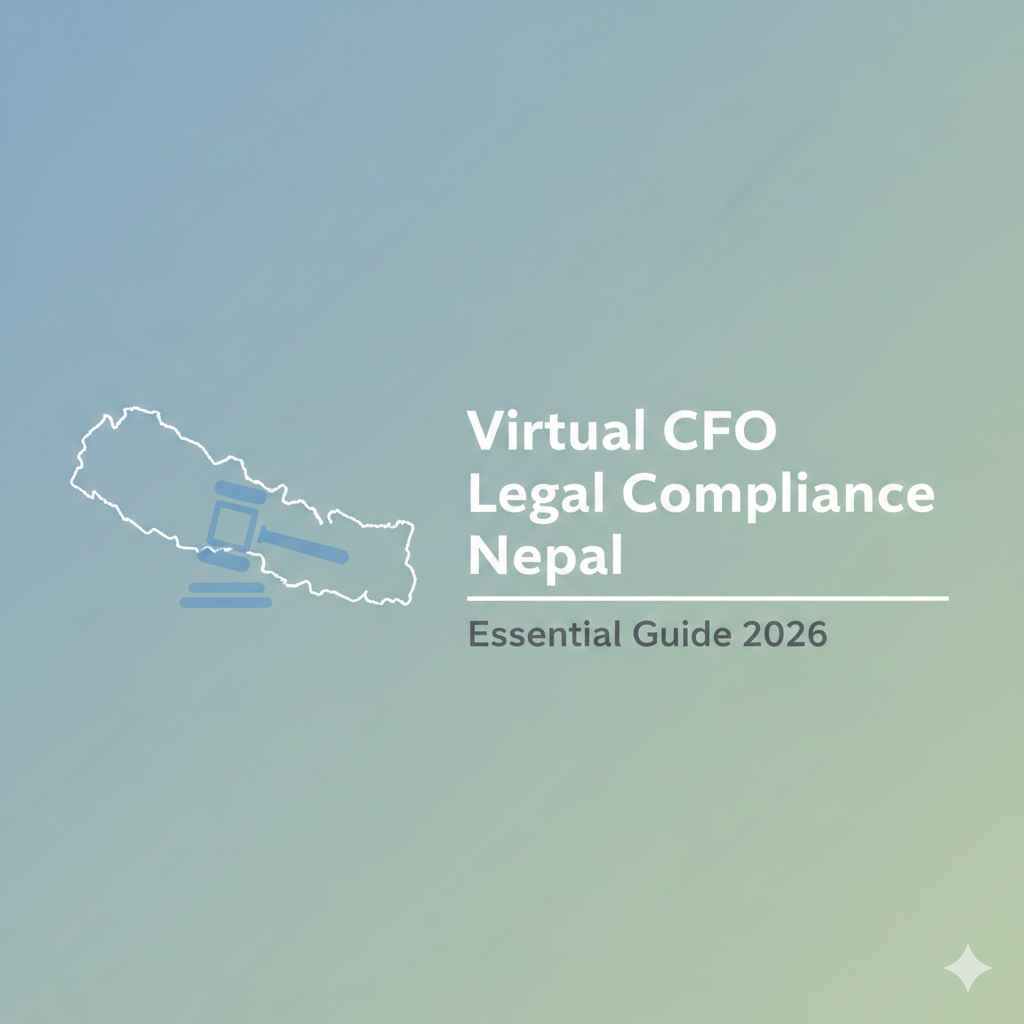
Introduction to Nepal’s Hydropower Investment Opportunities
For FDI, Nepal stands as one of Asia’s most promising hydropower destinations, boasting a theoretical potential of 43,000 MW. With only 3% of this capacity currently developed, the country presents unprecedented opportunities for foreign investors seeking sustainable energy investments. Nepal will have a maximum surplus of 2456 MW and an annual surplus of 14,022 million units of energy available for export by the fiscal year 2025–2026.
The Government of Nepal has implemented investor-friendly policies, including 15-year tax holidays and reduced customs duties of just 1% on equipment imports. These incentives, combined with growing regional energy demand, create a compelling investment environment.
What is Foreign Direct Investment (FDI) in Nepal’s Hydropower Sector?
FDI in Nepal’s hydropower sector represents foreign capital investments in power generation, transmission, and distribution infrastructure. Foreign investors can invest entirely in Nepal’s hydropower sector. The sector operates under the Foreign Investment and Technology Transfer Act (FITTA) 2019, which provides comprehensive legal framework for international investors.
Key Investment Categories
| Investment Type | Minimum Investment | Approval Authority | Timeline |
|---|---|---|---|
| Small Hydro (<25 MW) | $2 million | Department of Industry | 30 days |
| Medium Hydro (25-200 MW) | $25 million | Department of Industry | 45 days |
| Large Hydro (>200 MW) | $200 million | Nepal Investment Board | 60 days |
How to Navigate Nepal’s Hydropower Investment Legal Framework
Foreign Investment Laws and Regulations
The legal foundation for hydropower investment includes:
- Foreign Investment and Technology Transfer Act (FITTA) 2019
- Electricity Act 2017
- Income Tax Act 2058
- Industrial Enterprise Act 2020
Tax Incentives and Benefits
Nepal offers substantial tax advantages for hydropower investors:
Tax Holiday Benefits
- 15-year tax exemption for projects above 100 MW
- 7-year tax exemption for projects 25-100 MW
- 5-year tax exemption for projects below 25 MW
Customs Duty Concessions
- 1% customs duty on machinery and equipment
- Zero customs duty on raw materials
- VAT exemption on project imports
Company Formation Process
Foreign investors must establish a company in Nepal through the following steps:
- Name Reservation (3-5 days)
- FITTA Approval (30-60 days)
- Company Registration (7-15 days)
- License Acquisition (30-90 days)
What Are the Key Investment Opportunities?
Hydropower Project Categories
Run-of-River Projects
- Lower investment requirements
- Faster development timelines
- Environmental sustainability
Storage Projects
- Higher capacity factors
- Grid stability benefits
- Flood control advantages
Pumped Storage Projects
- Energy storage capabilities
- Peak power supply
- Grid balancing services
Regional Market Dynamics
Nepal and India signed a power trade agreement on Thursday for Kathmandu to export 10,000 megawatts (MW) of hydroelectricity to India over the next 10 years. This agreement ensures long-term offtake security for investors.
How to Assess Investment Risks and Mitigation Strategies
Political and Regulatory Risks
Nepal’s stable democratic government and consistent energy policies provide reasonable political stability. The country’s commitment to renewable energy targets further supports policy continuity.
Technical and Environmental Considerations
| Risk Category | Mitigation Strategy | Success Rate |
|---|---|---|
| Geological | Comprehensive site studies | 85% |
| Environmental | Early EIA compliance | 90% |
| Social | Community engagement | 92% |
| Technical | International expertise | 88% |
Financial Risk Management
Foreign investors benefit from:
- World Bank guarantees for qualifying projects
- Asian Development Bank financing options
- Bilateral investment treaties with major economies
What Are the Regulatory Approval Processes?
Nepal Investment Board (NIB) Approval
Hydropower projects with a capacity of more than 200 MW or an investment of more than $6 billion in Nepal require approval from the Nepal Investment Board.
NIB Approval Requirements
- Feasibility study reports
- Environmental impact assessments
- Financial capacity demonstrations
- Technical expertise verification
Department of Electricity Development (DoED) Licensing
Projects require survey and generation licenses from DoED:
- Survey License (Valid for 2 years)
- Generation License (Valid for 35 years)
- Transmission License (As required)
How to Structure Hydropower Investment Deals
Joint Venture Structures
Foreign investors commonly establish joint ventures with local partners:
- 70% foreign ownership permitted
- Local partner advantages in licensing
- Shared risk and expertise benefits
Power Purchase Agreements (PPAs)
Nepal Electricity Authority (NEA) serves as the primary off-taker:
- 25-year PPA terms standard
- Escalation clauses for inflation protection
- Foreign currency provisions for international investors
Investment Implementation Timeline
Project Development Phases
| Phase | Duration | Key Activities |
|---|---|---|
| Pre-feasibility | 6-12 months | Site assessment, preliminary design |
| Feasibility | 12-18 months | Detailed studies, financing |
| Construction | 36-60 months | Civil works, equipment installation |
| Operation | 35+ years | Power generation, maintenance |
Financing Options
International financing sources include:
- Multilateral development banks
- Export credit agencies
- Private equity funds
- Green bonds
What Are the Success Factors for Hydropower Investment?
Technical Excellence
Successful projects demonstrate:
- Robust engineering designs
- Environmental compliance
- Community acceptance
- Financial viability
Partnership Strategies
Effective partnerships involve:
- Local expertise integration
- Government relationship management
- Community stakeholder engagement
- Environmental stewardship
Conclusion
Nepal’s hydropower sector represents one of Asia’s most attractive renewable energy investment opportunities. With 43,000 MW of potential and only 3% developed, the sector offers substantial growth prospects. The government’s investor-friendly policies, including 15-year tax holidays and 1% customs duties, create compelling investment conditions.
Foreign investors working with experienced legal partners like CorporateBizLegal can navigate the regulatory framework efficiently and capitalize on Nepal’s hydropower potential. The combination of strong government support, regional market demand, and environmental sustainability makes Nepal’s hydropower sector an essential component of any renewable energy investment portfolio.
Frequently Asked Questions (FAQs)
Q1: What is the minimum investment required for hydropower projects in Nepal?
A: The minimum investment varies by project size. Small hydro projects require $2 million, medium projects need $25 million, and large projects above 200 MW require $200 million minimum investment.
Q2: How long does the approval process take for foreign investors?
A: Approval timelines range from 30 days for small projects to 60 days for large projects requiring Nepal Investment Board approval. The complete licensing process typically takes 6-12 months.
Q3: What are the tax benefits available for hydropower investors?
A: Nepal offers 15-year tax holidays for projects above 100 MW, 7-year exemptions for medium projects, and 5-year exemptions for smaller projects. Additionally, investors benefit from 1% customs duty on equipment.
Q4: Can foreign investors own 100% of hydropower projects?
A: Yes, foreign investors can own 100% of hydropower projects in Nepal. However, joint ventures with local partners often provide licensing and operational advantages.
Q5: What is the power purchase agreement duration in Nepal?
A: Standard Power Purchase Agreements (PPAs) with Nepal Electricity Authority are for 25 years, providing long-term revenue security for investors.
Q6: How does Nepal’s hydropower investment compare regionally?
A: Nepal offers more attractive tax incentives than most regional competitors, with lower entry barriers and stronger government support for renewable energy development.
Q7: What are the main risks for hydropower investment in Nepal?
A: Primary risks include geological uncertainties, environmental compliance, and seasonal water variations. However, these can be mitigated through proper due diligence and risk management strategies.
Q8: How can CorporateBizLegal assist with hydropower investment?
A: CorporateBizLegal provides comprehensive legal services including FITTA approval, company registration, licensing support, and regulatory compliance for hydropower investments in Nepal.
Q9: What is the export potential for Nepal’s hydropower?
A: Nepal has agreements to export 10,000 MW to India over the next decade, with additional potential for exports to Bangladesh and other regional markets.
Q10: Are there environmental requirements for hydropower projects?
A: Yes, all hydropower projects require Environmental Impact Assessments (EIA) and must comply with Nepal’s environmental regulations and international standards.
For expert legal assistance with hydropower investment in Nepal, contact CorporateBizLegal – your trusted partner for FDI relating works in Nepal.



